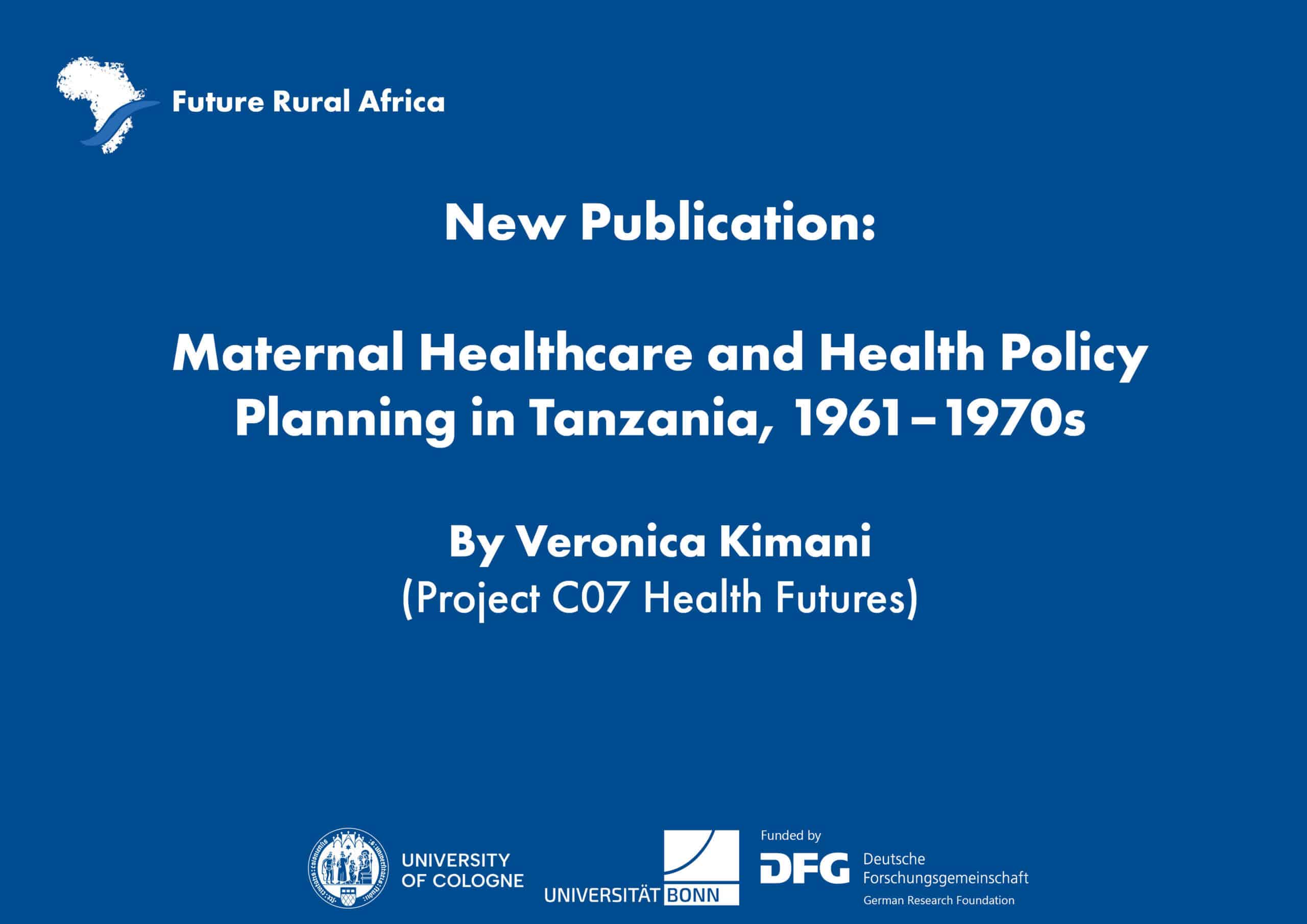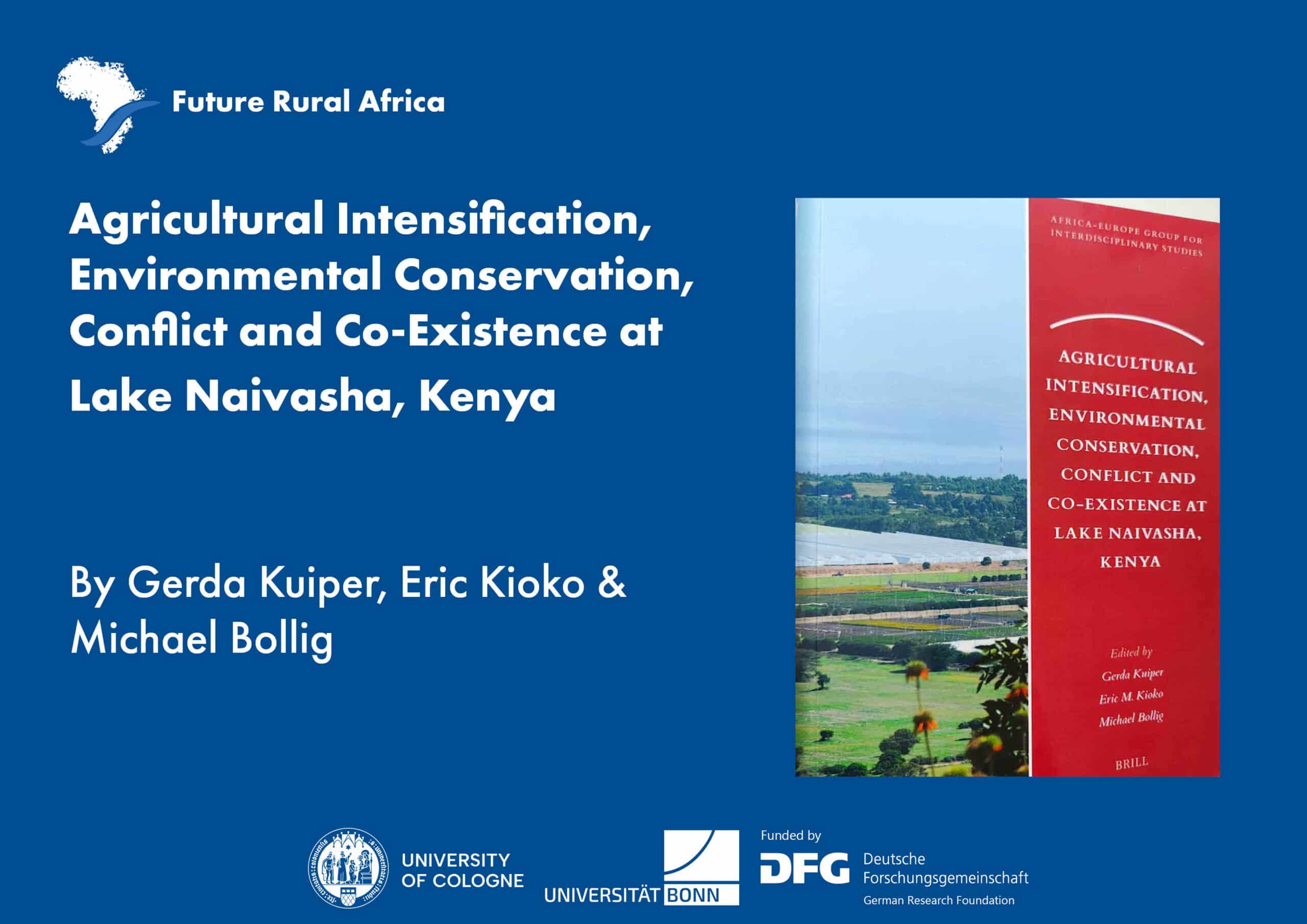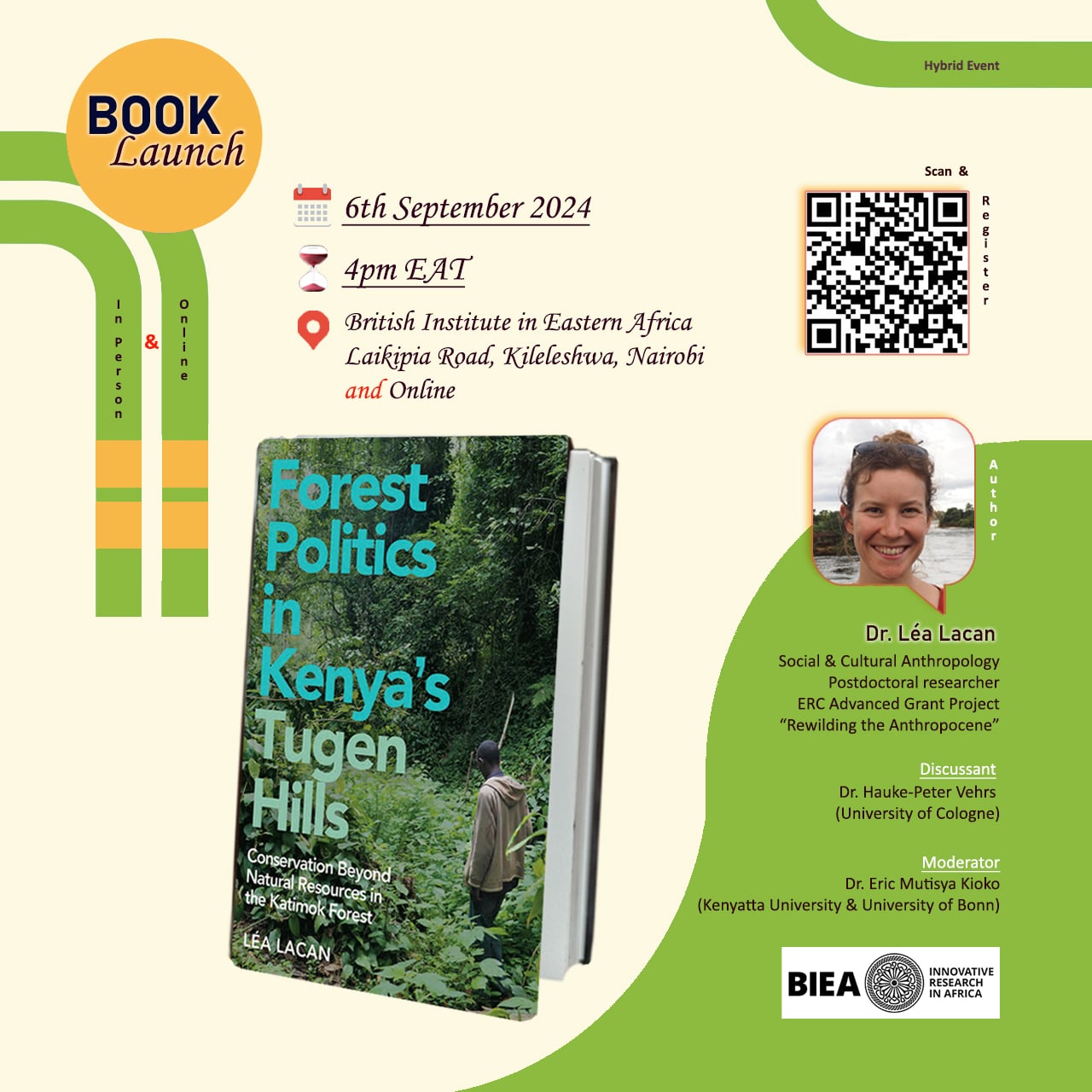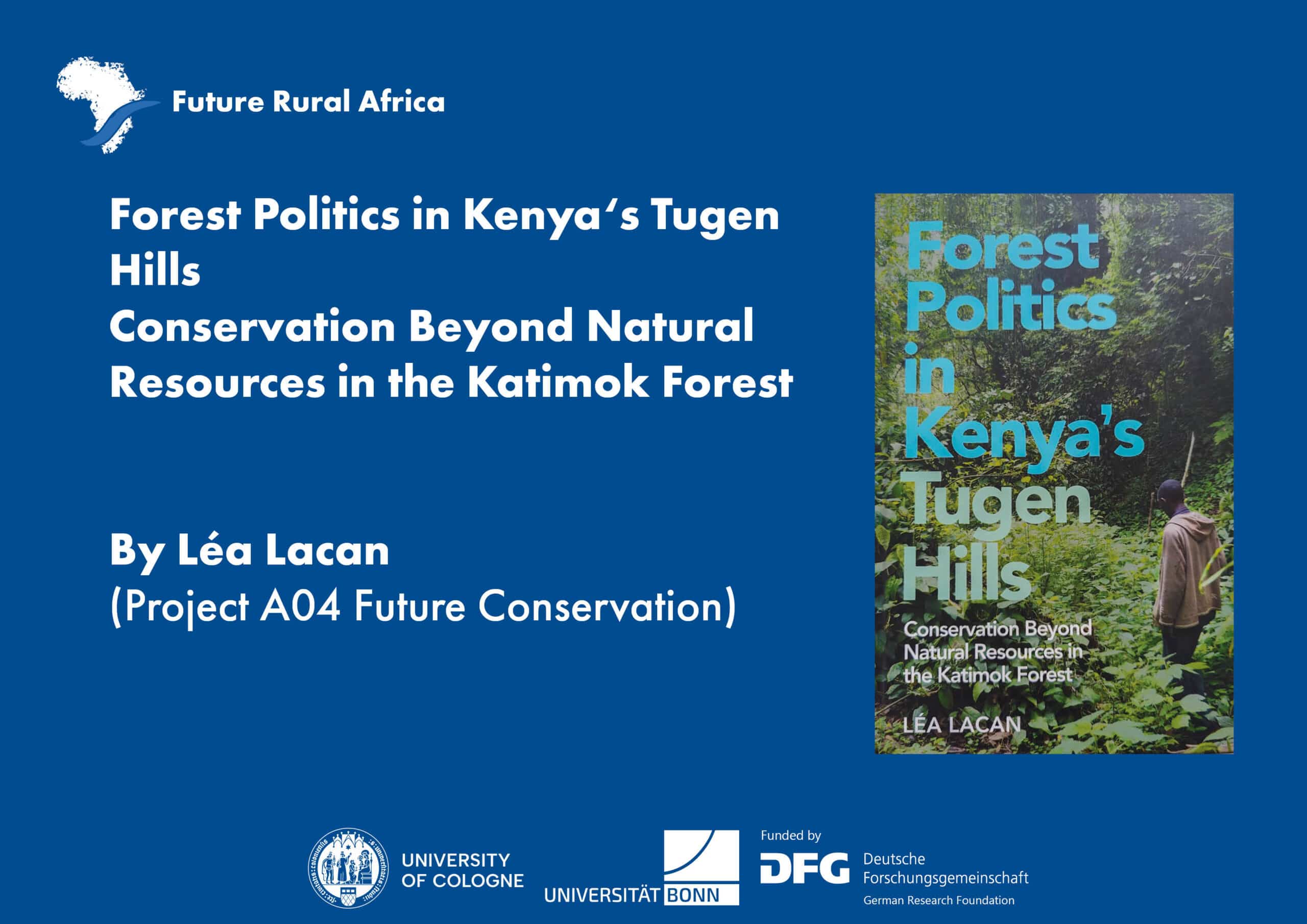By Matian van Soest
Magdalena Góralska (2020): Anthropology from Home: Advice on Digital Ethnography for the Pandemic Times. Anthropology in Action 27(1): 46-52. DOI
“Whatever the future holds, the pandemic has suddenly made our fieldwork land again on our desks, although we had once thought that ‘the desk has collapsed into the field’ (Mosse 2006: 937)” (Góralska 2020: 50).
With the current pandemic spread of the Covid-19 Virus, the world is facing an unprecedented disruption of most aspects of public life, first and foremost concerning the mobility of people. In order to halt the spread of the virus, many governments have closed their borders and put their populations under curfew. Facing a second wave of virus infections in Europe, it is hard to predict when intercontinental flights will be feasible again.
Against this backdrop, anthropologist and Netnographer Magdalena Góralska is exploring digital methods for ethnographic research in times of exceptional travel restrictions. While rather brief, the article gives a glimpse of the potentials and pitfalls of digital methods for an empirical field, that otherwise lives from its analog encounters.
Researchers of the CRC-TRR 228 will also have to find new methodologies when investigating future-making in rural Africa. Góralska\’s article offers a starting point to explore alternatives.
References:
Góralska Magdalena (2020): Anthropology from Home: Advice on Digital Ethnography for the Pandemic Times. Anthropology in Action 27(1): 42-52.
Mosse, David (2006): Anto-Social Anthropology? Objectivity, Objection, and the Ethnography of Public Policy and Professional Communities. Journal of the Royal Anthropological Institute 12(4): 935-956.






